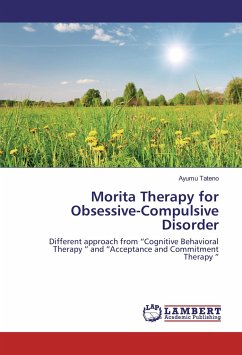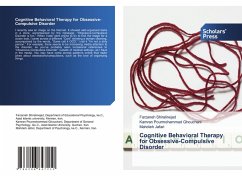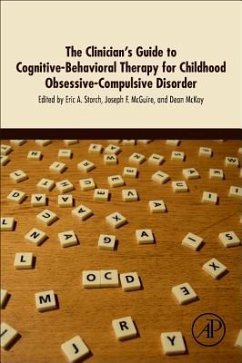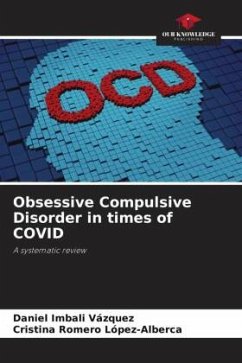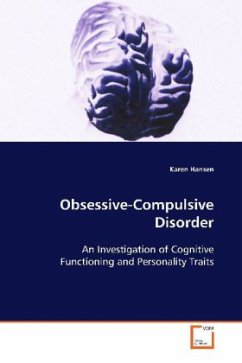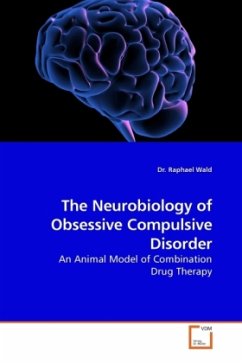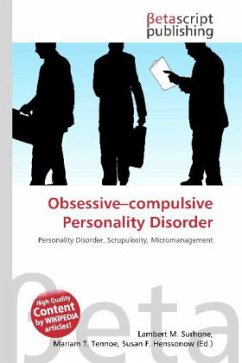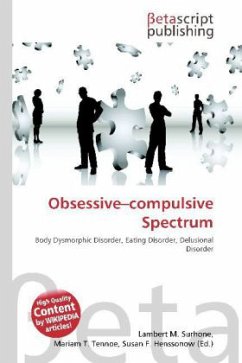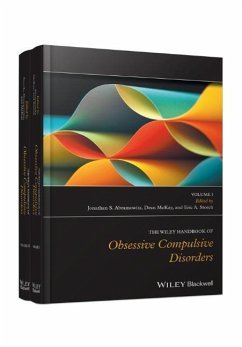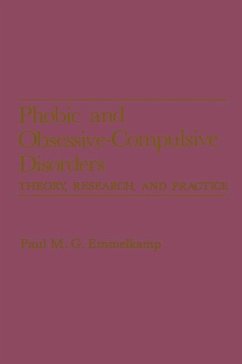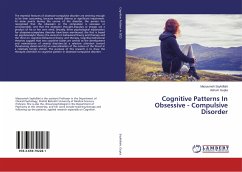
Cognitive Patterns In Obsessive - Compulsive Disorder
Versandkostenfrei!
Versandfertig in 6-10 Tagen
43,99 €
inkl. MwSt.

PAYBACK Punkte
22 °P sammeln!
The essential features of obsessive-compulsive disorder are severing enough to be time consuming, because marked distress or significant impairment. At some points during the course of the disorder, the person has recognized that the obsession or the compulsion is excessive or unreasonable, and that the obsession thought,impulses or images are a product of his or her own mind. Broadly, three psychological explanation for obsessive-compulsive disorder have been mentioned; the first is based on psychoanalytic theory the second on behavioral theory and therapy and the third on cognitive-behaviora...
The essential features of obsessive-compulsive disorder are severing enough to be time consuming, because marked distress or significant impairment. At some points during the course of the disorder, the person has recognized that the obsession or the compulsion is excessive or unreasonable, and that the obsession thought,impulses or images are a product of his or her own mind. Broadly, three psychological explanation for obsessive-compulsive disorder have been mentioned; the first is based on psychoanalytic theory the second on behavioral theory and therapy and the third on cognitive-behavioral theory and therapy. Cognitive-behavioral theorists suggest that two cognitive biases are central to the development and maintenance of anxiety disorders:(a) a selective attention toward threatening stimuli and (b) an overestimation of the nature of the threat in a relatively benign stimuli. The purpose of this research is to draw the therapist attention to cognitive pattern in obsessive-compulsive disorder.



